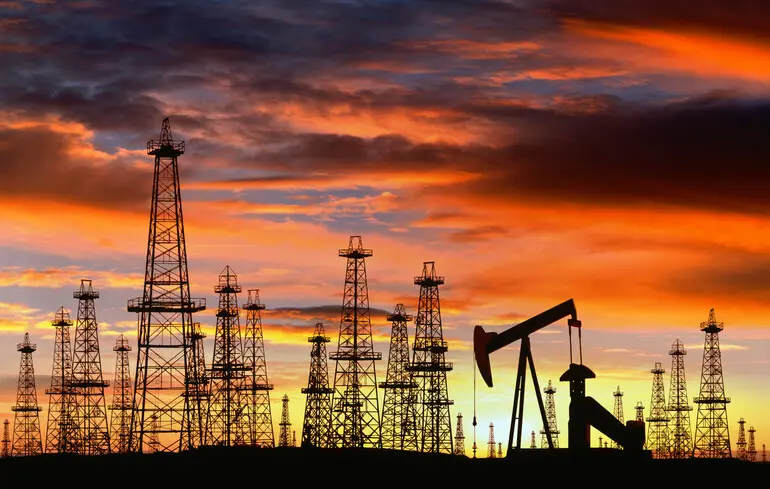Global Oil Prices Rise Amid New Developments After Attacks on Russian Energy Infrastructure

The global energy market has once again been shaken by a series of sudden and extensive attacks on Russia’s oil infrastructure, leading to significant fluctuations in world oil prices.
On Monday, oil prices experienced upward movement driven by fears of potential disruptions in Russian supplies, a critical factor influencing global energy stability.
Meanwhile, expectations of lower interest rates in the United States have fueled optimism about continued global demand growth for fuel and energy resources.During the night from Sunday to Monday, futures for Brent crude increased by 0.04%, reaching $67.76 per barrel, while WTI futures rose by 0.11%, hitting $63.73.
Ukraine launched a new strike on the Novatek terminal in Ust-Luga port, resulting in a major fire.
Additionally, for the fourth consecutive day, a fire has been burning at the NovoShakhtinsk oil refinery, which was attacked by drones.
This refinery, primarily focused on export and with a capacity of about 100,000 barrels per day, has sustained substantial damage.Market analysis suggests that Ukraine’s successful attacks on key oil infrastructure are shifting risks upward for crude oil supplies, according to IG analyst Toni Sikamor.
Meanwhile, investors’ risk appetite has increased following signals from Federal Reserve Chair Jerome Powell last Friday about a potential interest rate cut next month.
This outlook supports expectations for favorable conditions for global economic growth and increased oil demand.Overall, the oil market remains tense, with potential for further geopolitical conflicts and sanctions, especially as reports emerge about possible new US sanctions against Russia.
Concurrently, in certain regions of Russia, gasoline sales have been restricted to enterprises and organizations by cards after recent strikes on refineries.
In Crimea, premium gasoline AI-95 has disappeared from most gas stations, reflecting ongoing supply disruptions.

